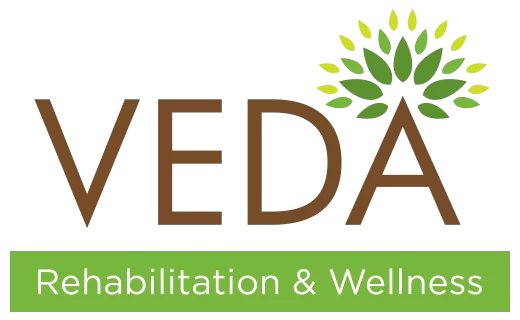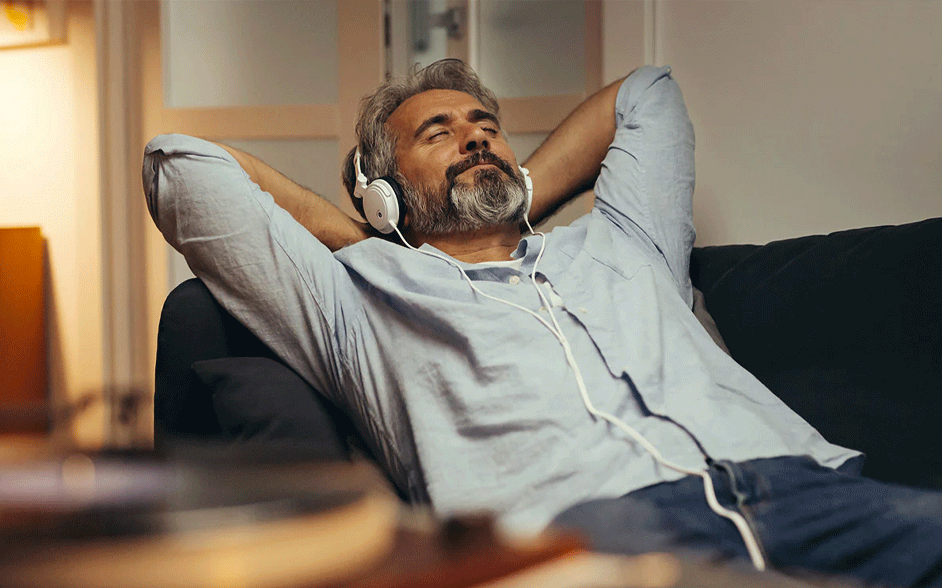- Mumbai, New Delhi, Bangalore
- (+91) 81518 30000
- WhatsApp Now
- contact@vedawellnessworld.com
- Home
- About Us
- What We Treat
- Chronic Disorder
- Clinical Disorder Treatment
- De-Addiction Treatment
- Ecstasy (MDMA) Addiction
- Alcohol Addiction
- Drugs Addiction
- Prescription Drugs Addiction
- Gambling Addiction
- Bhang Addiction
- Smack Addiction
- Marijuana Addiction
- Hash Addiction
- Self-harm Addiction
- Gaming Addiction
- Ganja Addiction
- Crystal Meth Addiction
- Charas Addiction
- Cocaine Addiction
- Shopping Addiction
- Phone Addiction
- Porn Addiction
- Social Media Addiction
- LSD (Acid) Addiction
- Other Therapies
- Support for Families
- Our Centres
- Detox Programs
- Co-occurring Disorders
- Resources
- Contact Us







